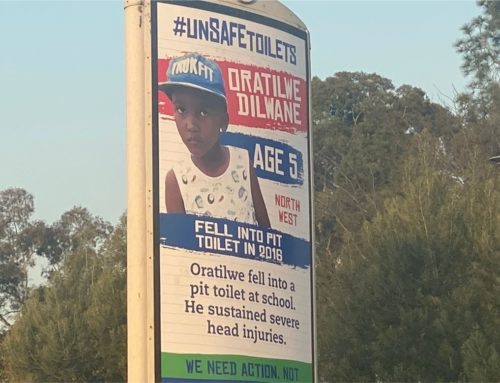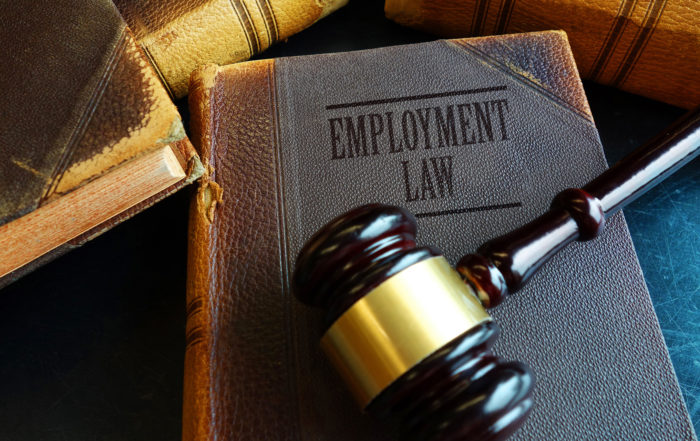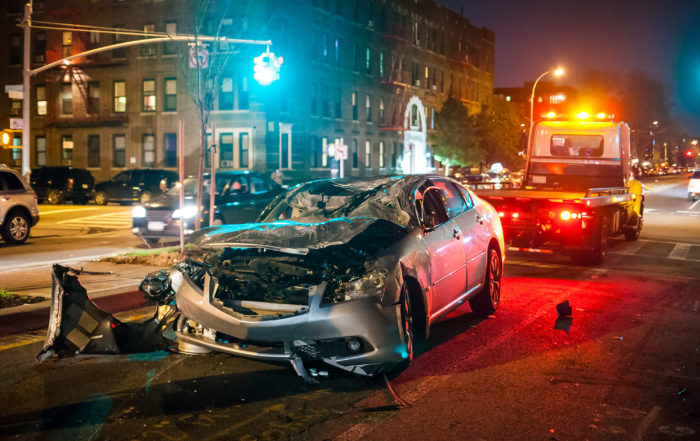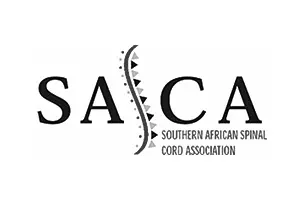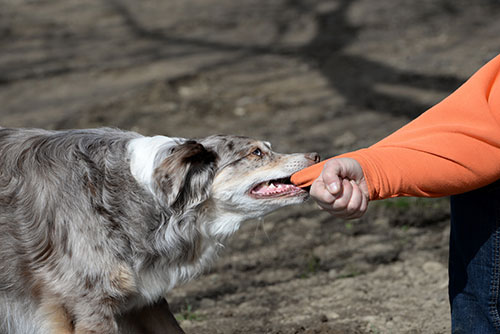
Actio de Pauperie – Dog owners are subject to action
Dog owners are subject to the action known as “actio de pauperie.” What this means is that if a dog attacks and injures you, the owner may be held liable for paying you compensation – without your having to prove that the owner was negligent or that the dog was under the owner’s control when you were bitten. This is assuming that you acted in a reasonable manner and were entitled to be in the area where you were attacked.
presiding judge C. J. Innes in the 1927 case of O‘Callaghan vs. Chaplin, “By our law, the owner of a dog that attacks a person who was lawfully at the place where he was injured, and who neither provoked the attack nor by his negligence contributed to his own injury, is liable, as owner, to make good the resulting damage.”
Requirements:
- Must be a domestic animal;
- Defendant must be the owner of the animal at the time damage caused;
- Animal must have acted contra naturam sui generis when causing the damage;
- The plaintiff must be lawfully present at the place where and when the damage is caused.
A claim against a dog owner may be rejected if the owner can verify that:
- the dog was provoked to attack, for example by someone hurting the animal
- the victim wasn’t entitled to be on the property where the attack occurred
- the victim was warned of the inherent danger but chose to interact with the animal anyway
- the animal didn’t behave in a way “contrary to its nature”, meaning that the attack should reasonably have been expected and avoided by the victim.
The current position on objections to the con/arb process
Con/arb process - The Commission for Conciliation, Mediation[...]
Out of time? Think again – The CCMA and its rules
By Lara Keil (Candidate Legal Practitioner) under the[...]
RAF’s lodgement requirements: Claimants further prejudiced
By Lara Keil (Candidate Legal Practitioner) under[...]



